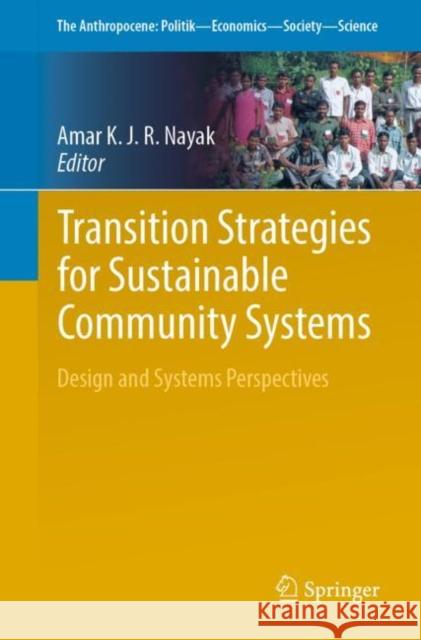Transition Strategies for Sustainable Community Systems: Design and Systems Perspectives » książka
topmenu
Transition Strategies for Sustainable Community Systems: Design and Systems Perspectives
ISBN-13: 9783030003555 / Angielski / Miękka / 2019 / 347 str.
Kategorie:
Kategorie BISAC:
Wydawca:
Springer
Seria wydawnicza:
Język:
Angielski
ISBN-13:
9783030003555
Rok wydania:
2019
Wydanie:
2019
Ilość stron:
347
Waga:
0.52 kg
Wymiary:
23.39 x 15.6 x 1.98
Oprawa:
Miękka
Wolumenów:
01
Dodatkowe informacje:
Wydanie ilustrowane











